If politics is the guiding flag, economics is the lever to create material strength, then culture is the spiritual foundation - the strong thread that binds the community, shapes national identity, nurtures creativity and maintains social balance in the period of global integration.
Therefore, forecasting and identifying the lever factors in cultural and social development is not only an urgent need, but also a long-term strategy to ensure the nation's longevity.
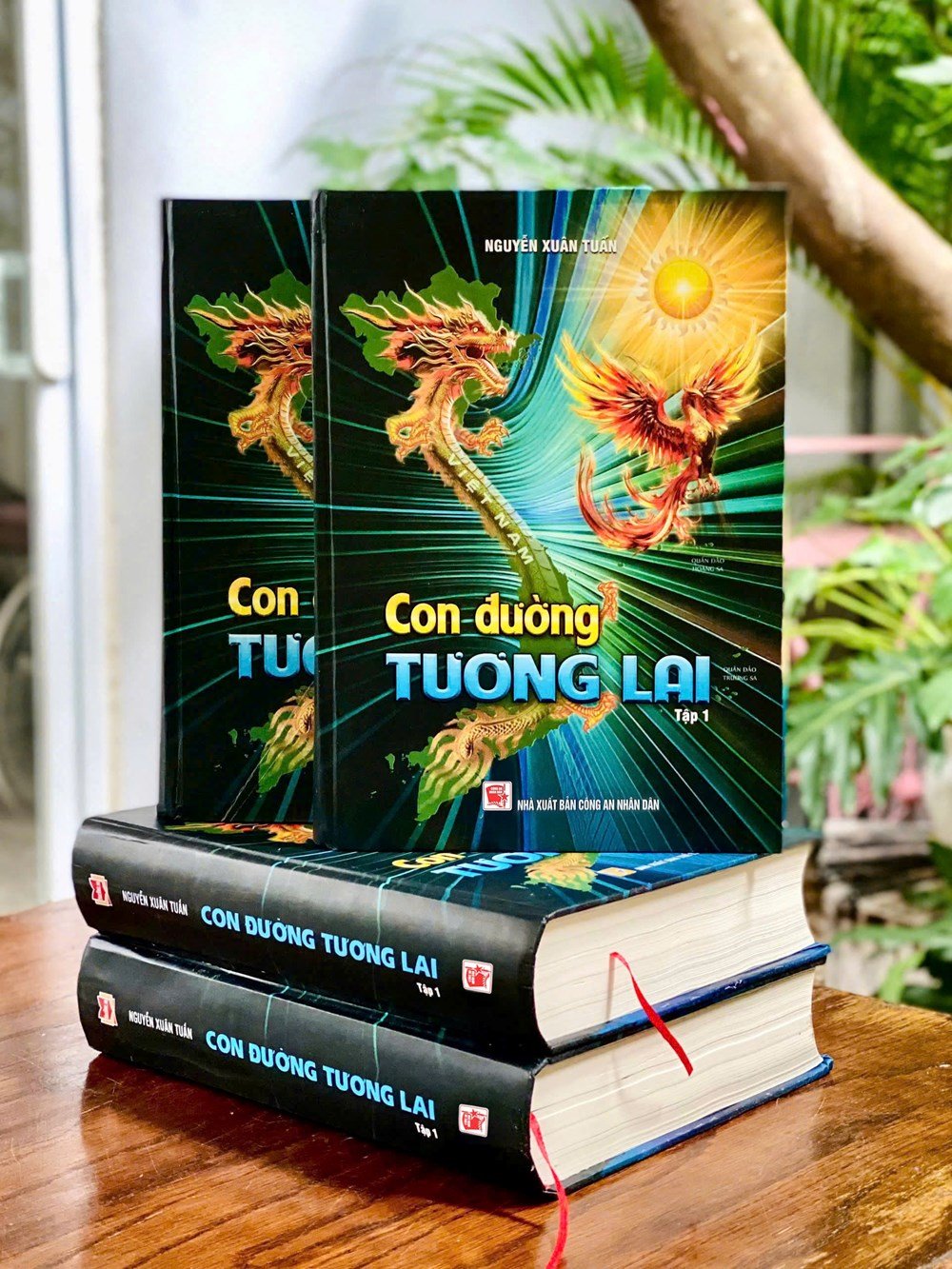
Cultural lessons from history
Nguyen Xuan Tuan's book The Road to the Future has provided many profound reflections, based on practical experience and historical research. The analyses and predictions in the book are not only of academic significance, but also suggestive, especially in the context of globalization, the 4.0 Industrial Revolution and the current explosion of information technology.
No dynasty or country can prosper if it neglects culture and knowledge. Chinese history has left many clear examples: the Qin Dynasty with its policy of “burning books and burying Confucianism” quickly collapsed; in the early Han Dynasty, only when the Emperor listened to the advice of advisors to use both civil and military governance could the dynasty be consolidated. This lesson is also emphasized in the modern period, when the “Cultural Revolution” in China caused immeasurable losses to intellectuals and national culture.
For Vietnam, the experience of the Ly Dynasty is also a valuable proof. The Ly Dynasty not only promoted the rule of law, but also skillfully harmonized the Three Religions (Confucianism, Buddhism, Taoism), creating a foundation of humanistic and virtuous governance. Thanks to that, society achieved harmony and stability, and people felt secure in production and creativity. The story of Ly Thuong Kiet - a talented general who not only knew how to use troops but also knew how to win people's hearts to pacify them - showed the power of moral governance culture in national management.
From the above examples, Nguyen Xuan Tuan affirmed: “Intellectuals make a prosperous and sustainable nation”. Knowledge is not only personal capital, but when gathered, nurtured and promoted, it will become collective strength, creating the driving force to take the country forward.
One of the warnings that the author gives is the risk of cultural deviation in the context of integration. We need to appreciate the quintessence of world culture, absorb progressive values, but at the same time be vigilant against hybridization and distorted copying of foreign elements. If we only follow temporary trends and stray from national identity, culture will be eroded and society will lose its internal balance.
Another challenge is the strong rise of individualism in the free market mechanism. The author objectively views: Individualism can promote initiative, creativity, dynamism and equality. But if not regulated, it can easily become a breeding ground for corruption, group interests and moral degradation. Therefore, along with encouraging the development of freedom, society needs a strong enough common value system to guide, protect community interests and maintain national identity.
...and the lever for sustainable prosperity
In the era of the 4.0 Industrial Revolution, the role of knowledge and technology is increasingly affirmed. The global Internet, artificial intelligence, big data... have both opened up unprecedented development opportunities and posed fierce challenges. Any country that values intellectuals and builds appropriate mechanisms to promote collective intelligence will have a superior advantage. On the contrary, delay and disregard for knowledge resources will make the country easily fall behind and become isolated.
According to author Nguyen Xuan Tuan, to build a sustainable national culture forever, it is necessary to focus on three major orientations:
Firstly, culture is considered a pillar of development in parallel with politics and economics. All national policies and strategies must take culture as the root and measure to regulate behavior and shape values.
Second, invest in education and knowledge. Knowledge is the driving force of creativity and the foundation of all success. When knowledge is respected and promoted, the country will have sustainable resources for integration and competition.
Third, preserve and promote national identity in the integration process. Cultural identity is the “gene” of a nation, helping to affirm its position and create resistance to foreign influences.
In particular, it is necessary to pay attention to the young generation - the force that will decide the future of the country. The worldview, outlook on life, lifestyle and value system of the youth must be oriented in a healthy way, based on the foundation of traditional culture and progressive values of humanity.
The Road to the Future is not only a theoretical work, but also a profound reminder: All prosperity originates from culture. A country can become rich through resources, through technology, but only when it builds a solid culture, will that country truly last.
In the current context, when the country is entering a period of comprehensive integration, forecasting, identifying and promoting cultural and social leverage factors has become an urgent requirement. Culture is not only the soul, but also the lever for Vietnam to affirm its position in the international arena, towards a prosperous and sustainable future.
Source: https://baovanhoa.vn/van-hoa/van-hoa-dan-toc-truoc-thach-thuc-toan-cau-hoa-167682.html










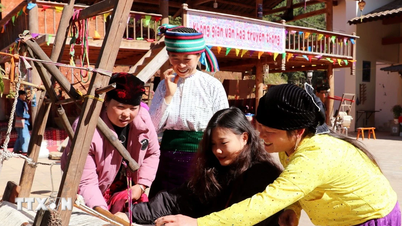






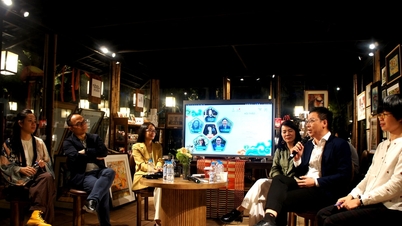

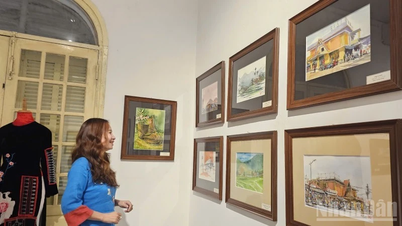

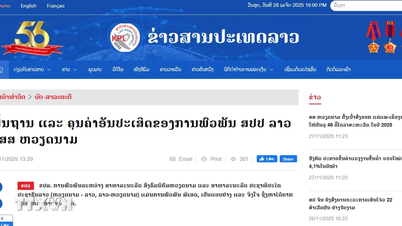



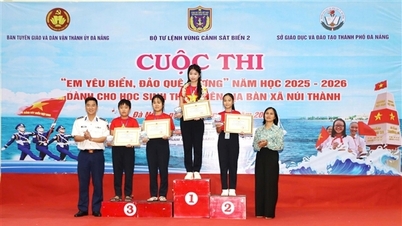







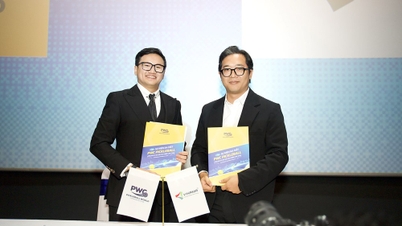

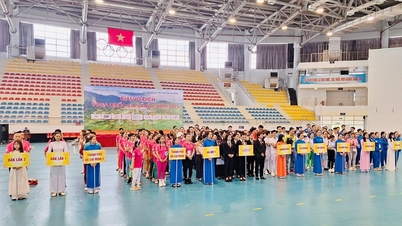





















































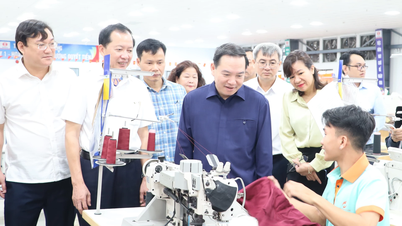


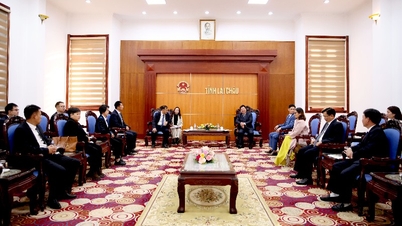












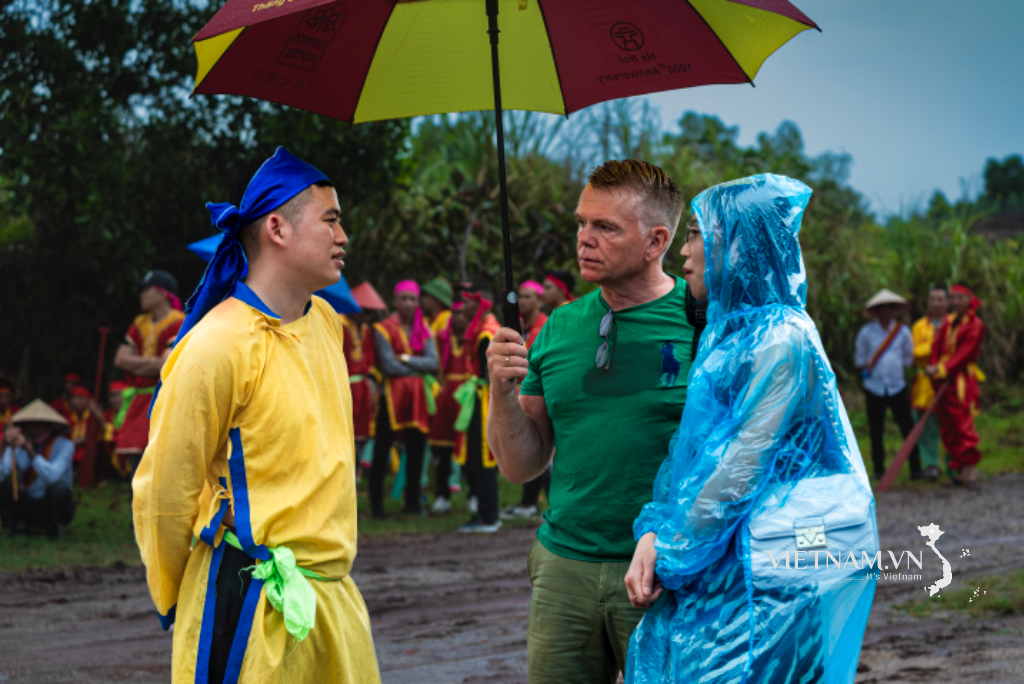

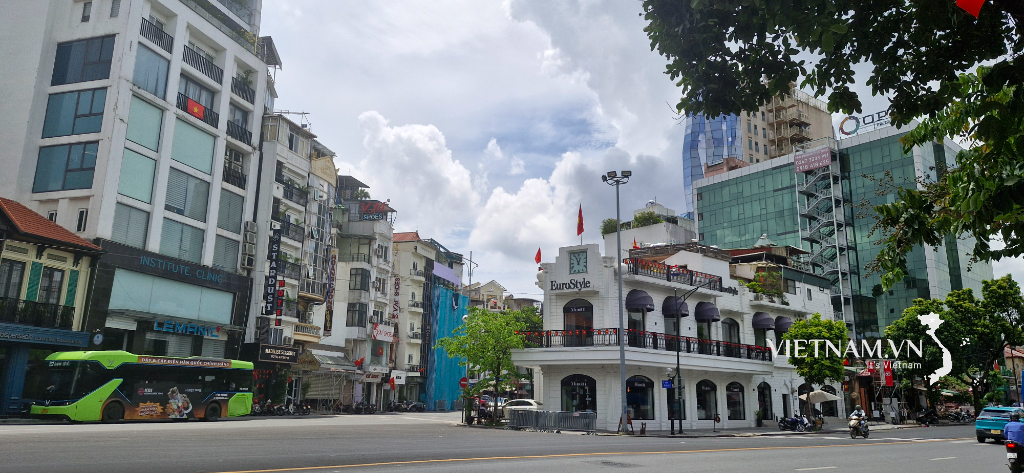
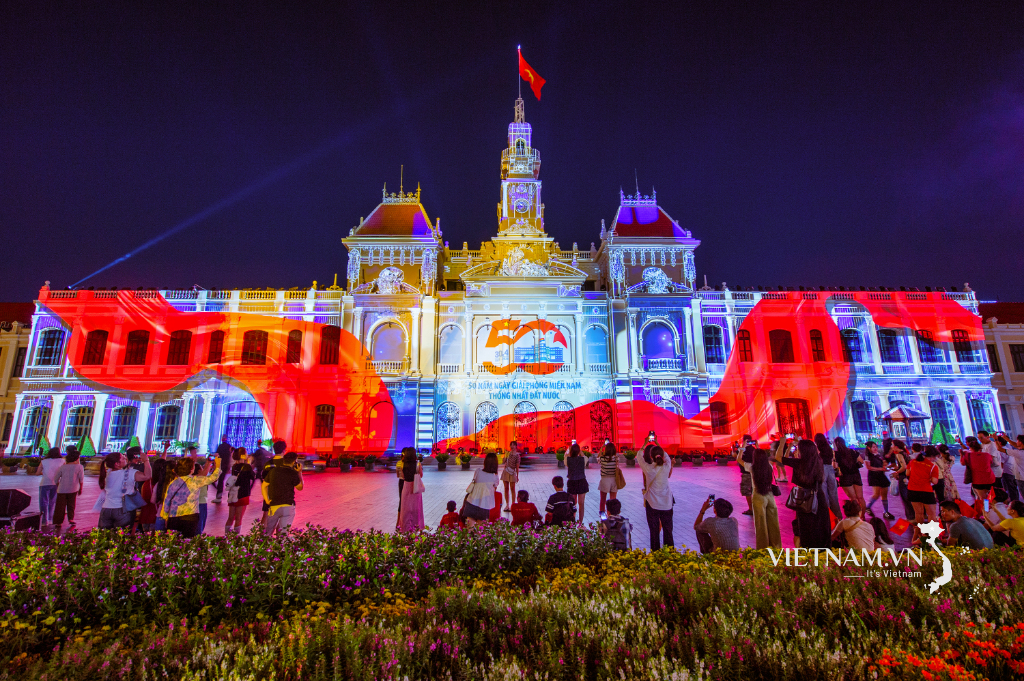
Comment (0)